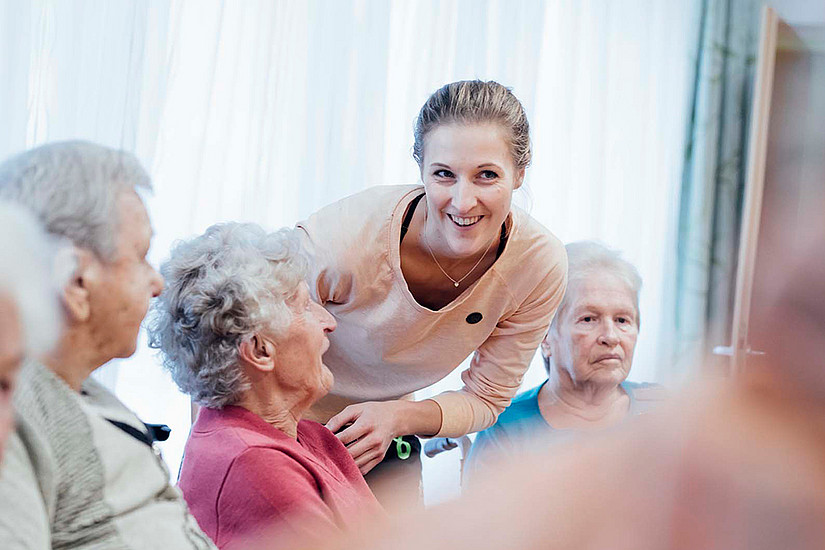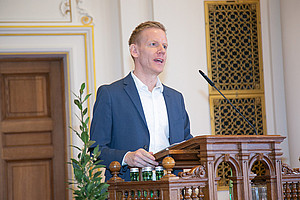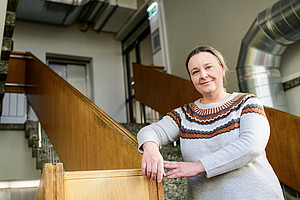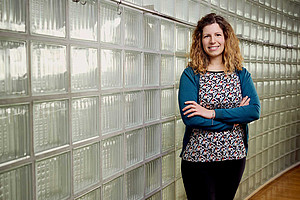"Baby boomers have high expectations when it comes to autonomy and flexibility; they don't want to move into a typical care home." This recognition, taken from a number of studies, has led Andreas Heller, who has been Professor of Palliative Care and Organisational Ethics at the University of Graz for the past year, to question prevailing methods of caring for the elderly and dying. The current social trend – more and more people needing care and less and less family members able to care for them – means that there is an urgent need for the kind of solutions wholly foreign to the present political thinking. "Our care system, with its strong focus on bed care, has the wrong approach. Robots, digitisation and 'care slaves' from Eastern Europe are not the way forward," Andreas Heller says firmly. Together with Klaus Wegleitner and Patrick Schuchter, he is working on several projects to research intergenerational neighbourhood solutions and to develop what he calls "caring communities" as an alternative. Relatives, neighbours and voluntary supporters help to stabilise the daily routines of elderly and chronically ill people, taking on tasks such as cooking, shopping and housework or simply offering their company. "Professional care for people at the end of their lives is not enough. There needs to be a mixture of care organised on a local, neighbourhood basis," says Klaus Wegleitner.
The team's research work is based around transdisciplinary cooperation with the individuals concerned, their families, relevant organisations, politicians and even architectural practices. "We consider multi-faceted points of view in order to arrive at viable, shared approaches. It is also important to connect with other organisations and individuals involved in the care process and to consider the status of care work in our society as a whole," Patrick Schuchter emphasises. This interdisciplinary approach makes Heller's professorship and the Public Care Department at the University of Graz unique in Europe. The scientists – Wegleitner is both a sociologist and a public health researcher, Schuchter is a philosopher, ethicist, health scientist and nurse – are addressing on the one hand the needs of sick, elderly and disabled people. On the other hand they tackle the question of how civil society can be mobilised to take on part of the care. Together with gerontologist Ulla Kriebernegg, they are establishing a care and age research cluster which is becoming involved in social policy debates and seeking solutions for a good life till the end. "This work is providing impetuses across the board for the future of society. When you are dying, you see the existential questions of life through a magnifying glass. We are searching for answers that are relevant for everyone," is how Andreas Heller summarises it.
Symposium
These wide-ranging perspectives will be put across on March 15th and 16th at a symposium attended by 250 participants from six European countries, including care workers, social managers and palliative care professionals. Under the title "Horizons of Care", international speakers from a variety of fields will discuss the subject of how social cohesion can develop and what we must do to safeguard quality of life in our world. "The collective future of our society is at stake," contends Klaus Wegleitner.




